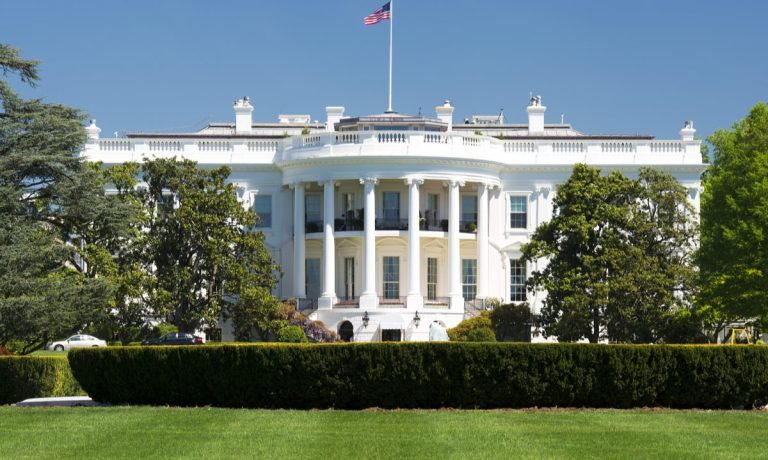Biden Cancels $5.6 Billion in Student Loans for Public Service Workers

The White House is canceling nearly $6 billion in student loans for public service workers.
The cancellation, announced Thursday (March 21), applies to 78,000 teachers, nurses, firefighters and other public sector employees.
“These public service workers have dedicated their careers to serving their communities, but because of past administrative failures, never got the relief they were entitled to under the law,” President Joe Biden said in the announcement.
According to the announcement, the administration has canceled student loan debt for more than 870,000 public sector workers via Public Service Loan Forgiveness and 4 million borrowers in total through various debt relief programs.
The latest cancellations come as consumers find themselves increasingly pinched. Research by PYMNTS Intelligence and Sezzle has shown that unexpected expenses have been hindering the financial progress of many consumers, but especially credit-marginalized consumers who have found their access to traditional credit products to be volatile and challenging.
As detailed in that report at the end of last year, unexpected expenses strained savings levels, as 56% of all consumers in the study had a costly and unexpected expense in the prior year, averaging $5,500. And as many as 80% said they faced unexpected expenses that were as much as or more than their current average savings of $4,400.
“The credit-marginalized consumers make up a significant percentage of the U.S. economy. Nearly a third of consumers have faced credit insecurity in the past year,” PYMNTS wrote last week. “A separate PYMNTS Intelligence/Sezzle report detailed that 46% of credit insecure consumers could not get more credit due to their credit scores. And 86% of those consumers live paycheck to paycheck.”
In all, an estimated 63.5 Americans fall into the “credit marginalized” category, with nearly 17 million are credit avoidant and have completely given up on credit.
The research showed that a third of consumers that make less than $50,000 per year are credit marginalized, while nearly two-third are credit avoidant.
And half of these consumers and households have FICO scores below 650 — or have no credit scores at all. Credit marginalized consumers, the data says, are more than twice as likely to resort to high-interest loans compared to other borrowers.